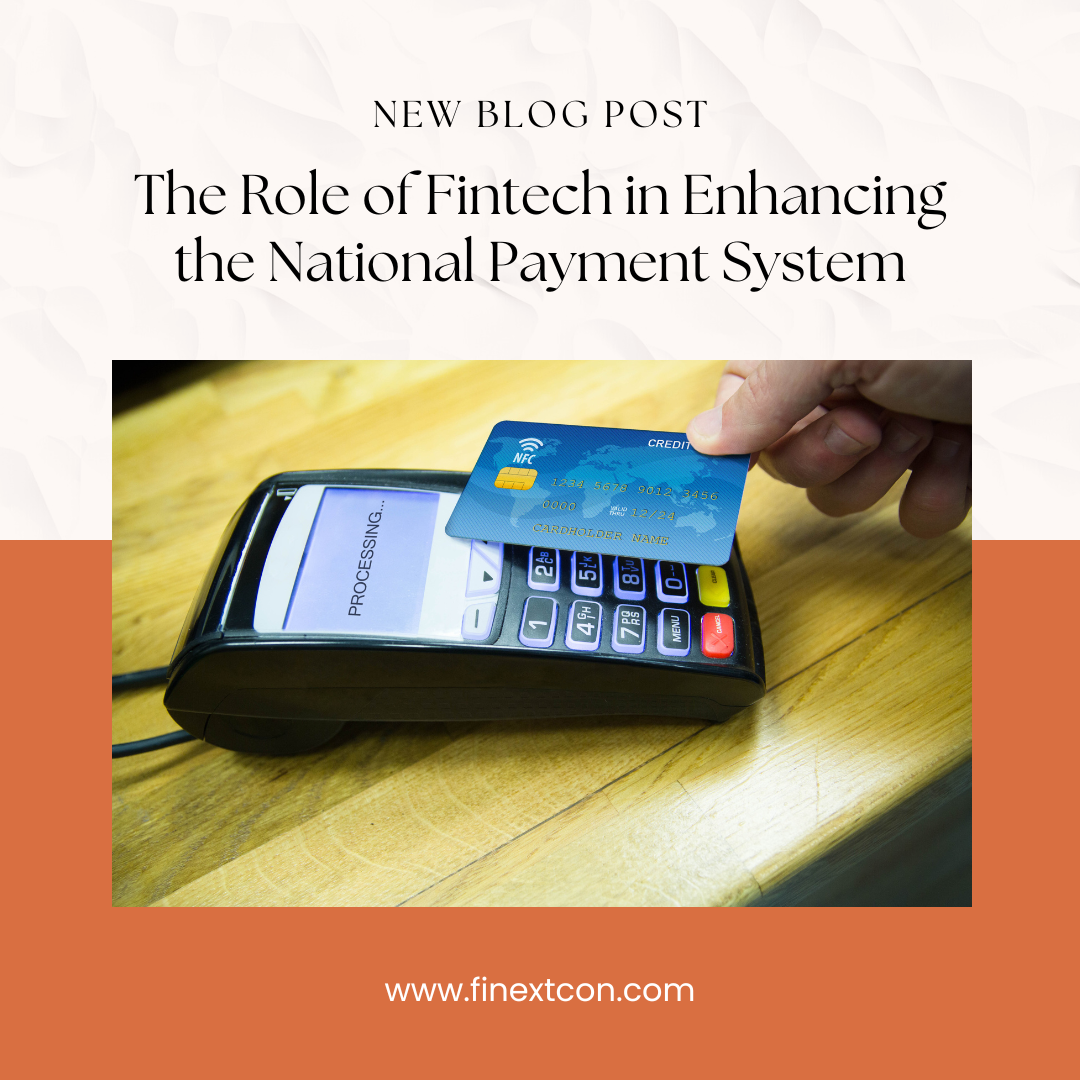In the modern financial landscape, the advent of financial technology (fintech) has profoundly impacted the way we conduct transactions, manage finances, and perceive money. One of the most significant areas where fintech has brought about a revolutionary change is the national payment system. This blog delves into the crucial role fintech plays in enhancing the national payment system, its benefits, challenges, and the future outlook.
Understanding the National Payment System
The national payment system (NPS) encompasses the set of instruments, procedures, and rules used to transfer funds between entities within a country. It is a crucial component of the financial infrastructure, ensuring the efficient and secure movement of money. A robust NPS is essential for economic stability, facilitating trade, investment, and overall economic growth.
The Rise of Fintech
Fintech, a fusion of finance and technology, leverages innovations like blockchain, artificial intelligence, and big data to offer enhanced financial services. Its rise has disrupted traditional banking and payment systems, introducing new ways of conducting transactions that are faster, more secure, and more inclusive.
Enhancing Efficiency and Speed
One of the most notable contributions of fintech to the NPS is the significant improvement in efficiency and speed. Traditional payment methods often involve multiple intermediaries, leading to delays and higher costs. Fintech solutions, such as peer-to-peer (P2P) payment platforms and digital wallets, streamline the process, reducing the time taken for transactions to mere seconds.
For instance, real-time payment systems like the Unified Payments Interface (UPI) in India have revolutionized how money is transferred, allowing instant bank-to-bank transfers 24/7. This not only enhances user convenience but also boosts economic activities by ensuring funds are available immediately for further transactions.
Promoting Financial Inclusion
Fintech has played a pivotal role in promoting financial inclusion, particularly in developing countries. Traditional banking systems often exclude large segments of the population, especially those in rural areas or with low incomes. Fintech bridges this gap by providing accessible and affordable financial services through mobile phones and the internet.
Mobile money services like M-Pesa in Kenya have brought millions into the financial system, enabling them to save, borrow, and transfer money without needing a bank account. By integrating more people into the formal financial system, fintech strengthens the NPS and contributes to overall economic growth.
Enhancing Security and Transparency
Security and transparency are paramount in any payment system. Fintech innovations have significantly bolstered these aspects through technologies like blockchain and biometrics. Blockchain, for example, offers a decentralized ledger system that ensures transparency and reduces the risk of fraud.
Biometric authentication methods, such as fingerprint and facial recognition, add an extra layer of security to financial transactions, minimizing the risk of unauthorized access. These advancements not only protect users but also enhance trust in the NPS, encouraging more people to adopt digital payment methods.
Challenges and Considerations
Despite its numerous benefits, the integration of fintech into the national payment system is not without challenges. Regulatory frameworks need to evolve to keep pace with technological advancements, ensuring that fintech innovations do not compromise the stability and security of the financial system.
Data privacy is another critical concern. With the increasing reliance on digital platforms, safeguarding user data from breaches and misuse becomes paramount. Ensuring robust cybersecurity measures and adhering to strict data protection regulations are essential to maintaining user trust.
The Future of Fintech in the NPS
The future of fintech in enhancing the national payment system looks promising. As technology continues to evolve, we can expect even more sophisticated and user-friendly payment solutions. Central banks and regulatory bodies are increasingly recognizing the potential of fintech and are working towards creating conducive environments for its growth.
Collaborations between traditional financial institutions and fintech startups are likely to become more common, combining the stability and trust of the former with the innovation and agility of the latter. This synergy will further strengthen the NPS, driving economic growth and development.
Conclusion
Fintech has undeniably transformed the national payment system, making it more efficient, inclusive, secure, and transparent. While challenges remain, the benefits far outweigh the drawbacks, paving the way for a future where financial transactions are seamless, instant, and accessible to all. As we move forward, embracing and harnessing the power of fintech will be crucial in building a robust and resilient national payment system that can support the dynamic needs of a digital economy.
